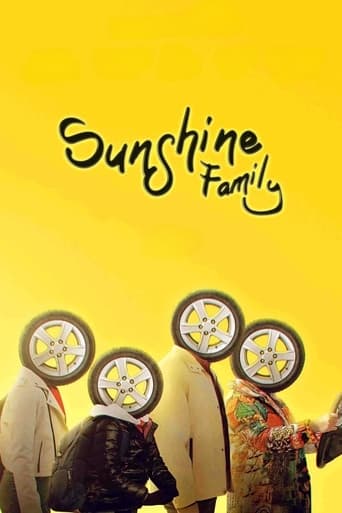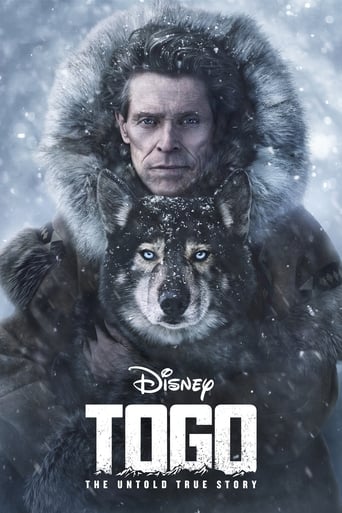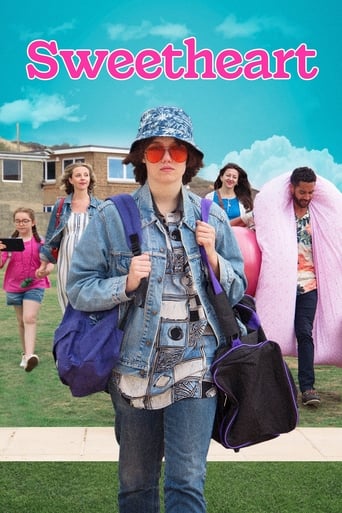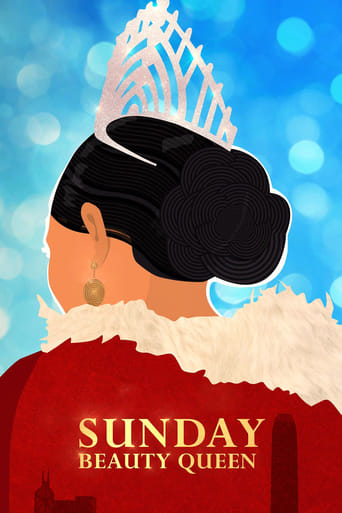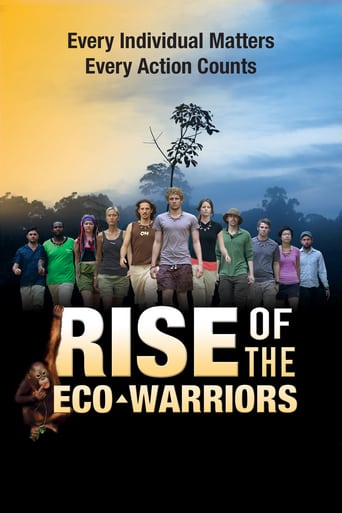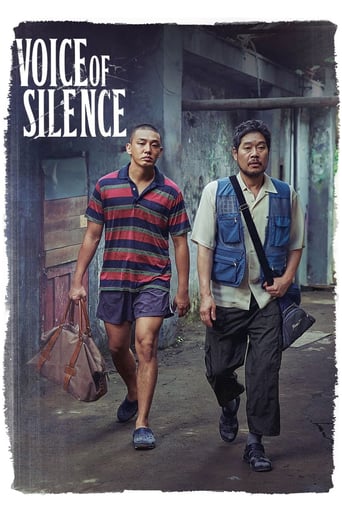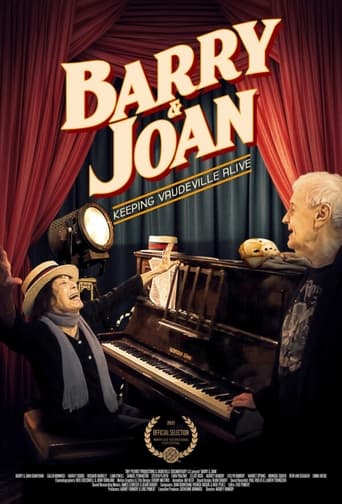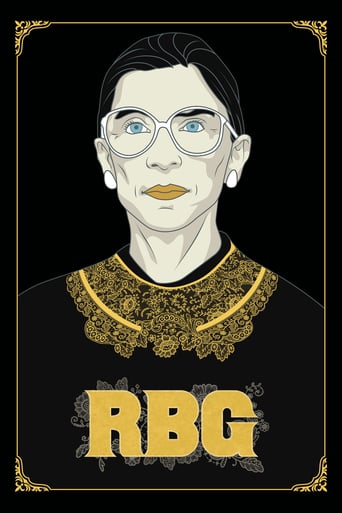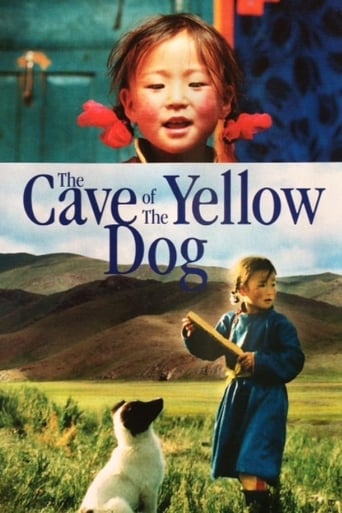
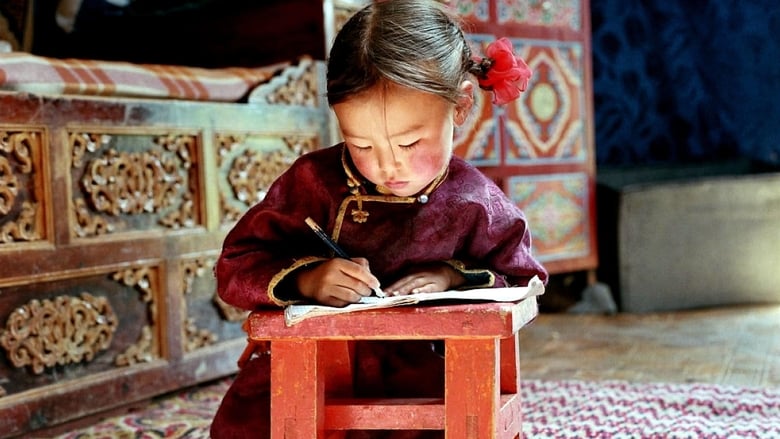
The Cave of the Yellow Dog (2005)
The little nomad girl, Nansal, finds a baby dog in the Mongolian veld, who becomes her best friend - against all rejections of her parents. A story about a Mongolian family of nomads - their traditional way of life and the rising call of the City.
Watch Trailer
Cast


Similar titles
Reviews
Am i the only one who thinks........Average?
I am only giving this movie a 1 for the great cast, though I can't imagine what any of them were thinking. This movie was horrible
It's funny, it's tense, it features two great performances from two actors and the director expertly creates a web of odd tension where you actually don't know what is happening for the majority of the run time.
By the time the dramatic fireworks start popping off, each one feels earned.
Its not often I am moved enough to write a review for a film. This is not because of a hardening of my heart but rather because of the lack of 'cinema' and 'film' out there, and the subsequent plethora of 'movies' and pernicious 'entertainment'. Of around the 250 'films' I see a year maybe one catches my heart and tugs it to such an extent that I cannot but write something about it. Accordingly, it is not I who is doing the writing, but the film that writes through me, through its power, its force, and its essence. The Cave of the Yellow Dog is one such film, and having just been mesmerized by it I cannot believe it has taken me almost a decade to discover it, but, from the other perspective, I am overjoyed that I did finally discover it. Perhaps the reason for my discovering it is that I am in Kazakhstan teaching (and learning!), and was curious as to the cinema around the region. The other reason is that I am in the energy capital of the country Atyrau, a washed out hole of a town, infected by the rape of the earth and the desire for greed by ignorant oilers and the like, most of whom come from the west, North America, and Europe, and are the complete and utter antithesis of the Mongol family being filmed in TCOTYD. In spite of Atyrau's status as the new Houston, it is possibly the most cobbled together hotchpotch of buildings and roads that I have ever seen in a life thus far of travelling and thinking. 'Spiritually unsympathetic' to coin a phrase by the Russian painter Wassily Kandinsky comes to mind, and that's being generous. The earth around the city is to all intents and purposes dead. Nothing grows on it; it is, after all a huge building site, primed for construction as the barrels roll out and the money rolls in. The water table has been plumbed to the point of surface saturation whenever it rains; the great Ural river has been infected with the disease of man, which he calls progress. It is all rather bleak and grim. And then you have the great glass castles of the oilers themselves: monuments to the fallen: Tengizchevron, Mobil, Exxon and all the others; ignorant violators who have clubbed together to do this place over. The pain of the earth is tangible, it's blood being sucked by these vampiric monstrous outsiders, all rationalising their actions in terms of bringing 'civilization' to an otherwise 'backward' place. And so, to The Cave of the Yellow Dog which reminded me - re-mind-ed the great self that is not 'me' but the great souled 'I', that man is a perversion of the human: man is the human minus the humus, the soil, the land. I need not go into statistics of soil degradation, of deforestation, of the deliberate desiccation of the soul for the sake of pathetic costumes, and pitiful masks for the sake of cosmetic appearances. What The Cave of the Yellow Dog has as a film is depth, but it is a lightness of depth, not a profundity, and it is this lightness that drew me in from the very first scene. The simplicity of it all (yet within a deep complexity) of a family eking out a harmonious existence on the great Mongolian steppe, is overwhelming.There is within this film a searing soulfulness: these are not children being exploited for making movies; these are simply children being filmed as they are. It is wonderful. The animals, as they are, the family as they are, the land, as it is. Wonderful! Wonderful! Wonderful! And that is to say nothing of all the beautiful things that are made by loving hands and not machines: their clothes, their furniture, their yurt itself.The family play themselves, the word play itself being operative here, as there is no work, no toil or coarse superfluous labour as we have come to know it in the west, but simply endeavor, and the play of song and dance. Everything done here is essential, and of the essence. The music, too, is quite sublime and will draw you out of your manufactured identity into a wider more spacious self that you perhaps never knew was there.Words cannot do it justice. It is a film, like the great steppe itself, which cannot be explicated, but can only be lived, or at the next best, watched with an open heart. It made me think of how people have lost their way as human beings living with the earth and not against it, and how, in the west, the hand-made has also become a commodity, like time and space, like being and experience itself. The photography and the land is exquisite; the patience of the people involved evident, but then patience is no big deal when you are one with the land. In Atyrau, sadly, there is no one-ness, little harmony left, as the new younger and more seduced civilization enters the sauna of need, greed, and fear, all the while sucking the life right out of them.Civilization is a slaughterhouse, but here on the great steppe, in the cave of the yellow dog, civilization is nothing; and it is this nothingness if attended to sensitively and intelligently enough that will bend your soul back into shape.
Following The Story of the Weeping Camel, this is another instalment or chapter documenting a nomadic culture gradually disappearing in Mongolia. By telling the story from a child's perspective, it is very observational, and captures little details that may seem passé to those within the culture, but fascinating to others.The cinematography and music are both quietly beautiful, creating a nice atmosphere. There is much warmth in the depiction of family life. The film skilfully avoids sentimentality. Like the just-released Offside, the characters are all non-professionals, adding authenticity.For what it's worth, my five year old son loved it and gave it 10/10 stars.
Critics seem to have missed an important underlying message of the film: the life of the nomads is incompatible with the modern world and it is inescapable for this particular family, no matter how much they may want to move on. From the moment the returned child builds up the heap of dried dung to resemble flats we know she longs for the town. The parents talk of moving there when their daughter returns to school, but the father cannot earn enough to support them. His herdsmen friends talk of the number of people already gone. There is a lot of symbolism here, of which the melted scoop is only one, as well as spoken hints of a fate that traps people within it. As the older sibling tells the baby, 'You can't play with God.' (or, apparently, alter fate)The basket becomes a prison - literally, when the girl places it over the dog at one point - and the world of the steppes is dangerous, full of wolves, vultures and even storms. For all it's picturesque scenery and domestic charm, this is a redundant life, for which any political change will come too late; only the children will have a chance to leave - the symbolic yellow dog(s) of the wise woman's story, which the parents will need to sacrifice.
Beautiful and moving. The story is simple, a girl who wants to keep a stray dog and a dad who refuses, because he believes it might have grown up with wolves . As you will see, a great movie does not need explosions and special effects (if you are into movies with violence and action, it is definitely not for you). There are no actors in this film, just simple people. It is not an ethnographic documentary or a guide to life in the steppe...it is just a film about humble people who live differently and who can be happy without the modern comforts. It has won a number of awards: Golden Starfish Prize, KODAK Award, Artemis Records Original Movie Score Award Hamptons 2005.


